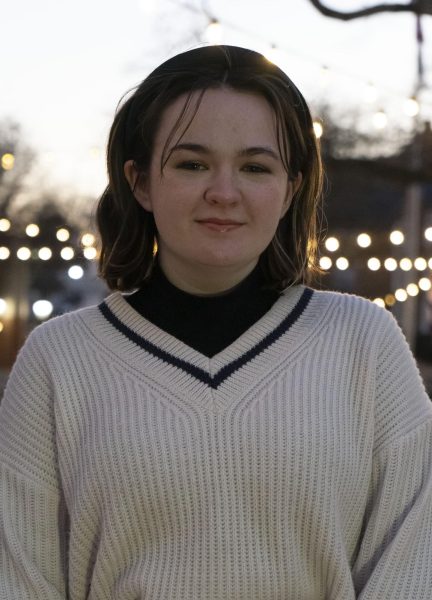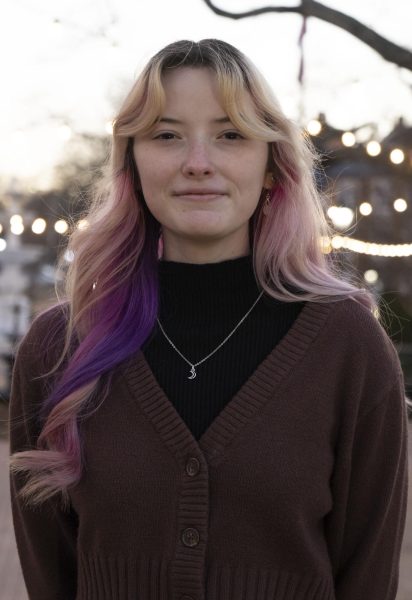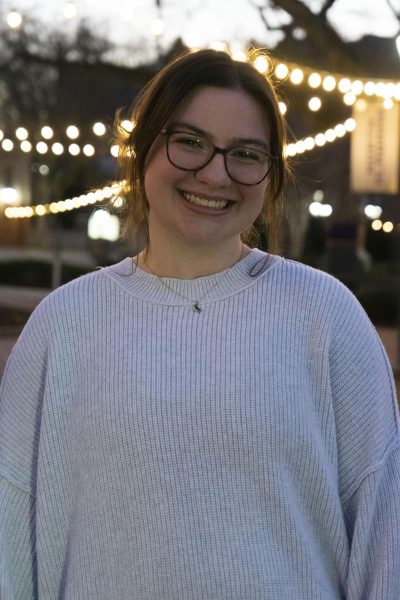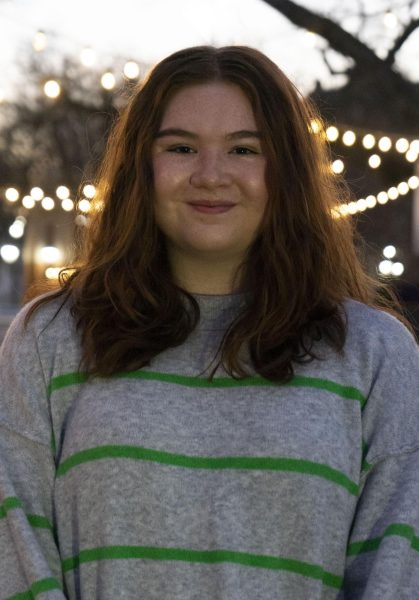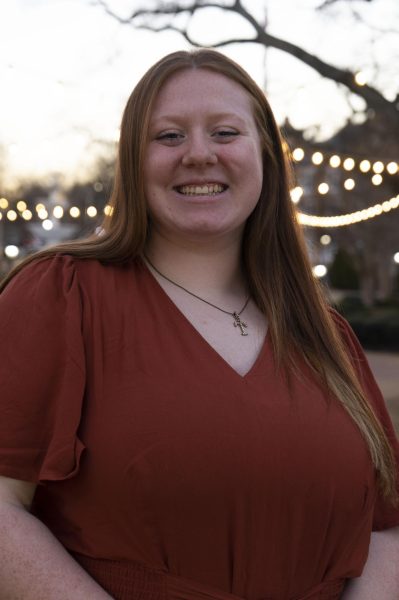Mental health seminar sheds light on suicide
September 18, 2014
Suicide killed my best childhood friend. It killed the man who was my role model at church. And it killed my best friend’s grandfather.
Within the past year, two of my best friends have attempted suicide. And thankfully, they were unsuccessful.
This week I attended a Poynter seminar in Washington D.C. in collaboration with the National Action Alliance on Mental Health about how to efficiently report on suicide and mental illness. Twenty other journalists and I sat with our jaws on the ground, appalled as we read the facts.
But one fact resounded in my mind: We need to start talking about it.
In my family, the mention of suicide is inevitably taboo. It is deemed a straight shot to hell, and “bless his/her heart” as a closure mechanism. But I learned the only way to prevent suicide is to shed light on it. What is it? Who is at risk? Who does it affect? Where can you get help?
Here are the facts: Suicide is currently the tenth leading cause of the death in the U.S., surpassing homicide, according to the National Alliance for Suicide Prevention. And it is the second leading cause of death for youth ages (15-24).
As a journalist, it is my job to shed light on the facts, report on the issues at hand and ultimately educate the public. Since no one has stepped up to the forefront to talk about suicide, I will gladly volunteer.
So here are some of (my) rules I am suggesting UNA implements to eliminate the stigma of talking about suicide.
1) Do not say ‘committed suicide’. People who die by suicide have not committed a criminal act, as the word ‘committed’ reveals. Instead, use ‘killed themselves’ or ‘died by suicide’.
2) Do not use diagnoses as adjectives. An individual is not a paranoid schizophrenic, he or she is an individual who has been diagnosed as paranoid schizophrenic.
3) Medicine does not define the illness, nor does it define that person. Daniel Reidenberg, executive director of Suicide Awareness Voices of Education said medicine cannot even treat the illness directly, only the symptoms.
Overall, educate yourself and stop offending people by calling them ‘crazy’ or justifying actions by saying ‘oh, they were off their meds.’ It is offensive.
And I know what you are thinking. Yes, copy-cat suicides are real. But during the seminar I learned many people have that feeling of aloneness. And by covering the issue of suicide, people can read, learn and know they are not alone.
And yes, September is national suicide prevention month. But suicides occur during the other 11 months, too, and help is always available.
By dialing 1-800-273-8255, your call will be directed to one of the nearest 166 crisis centers in the nation.
If we start giving a voice to the voiceless, not only can they find the joys in life, they can find life.



